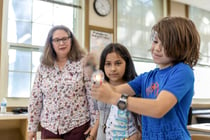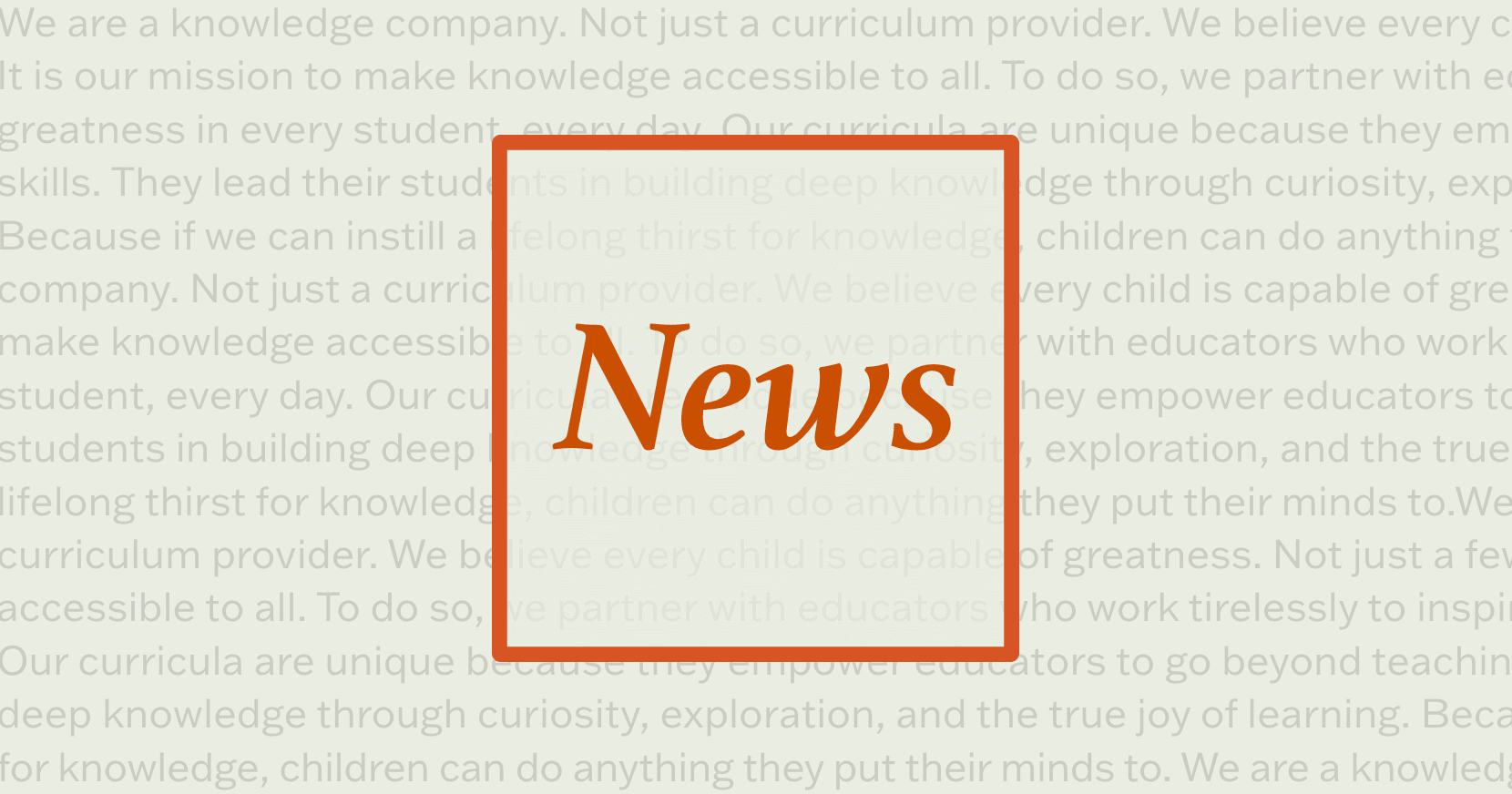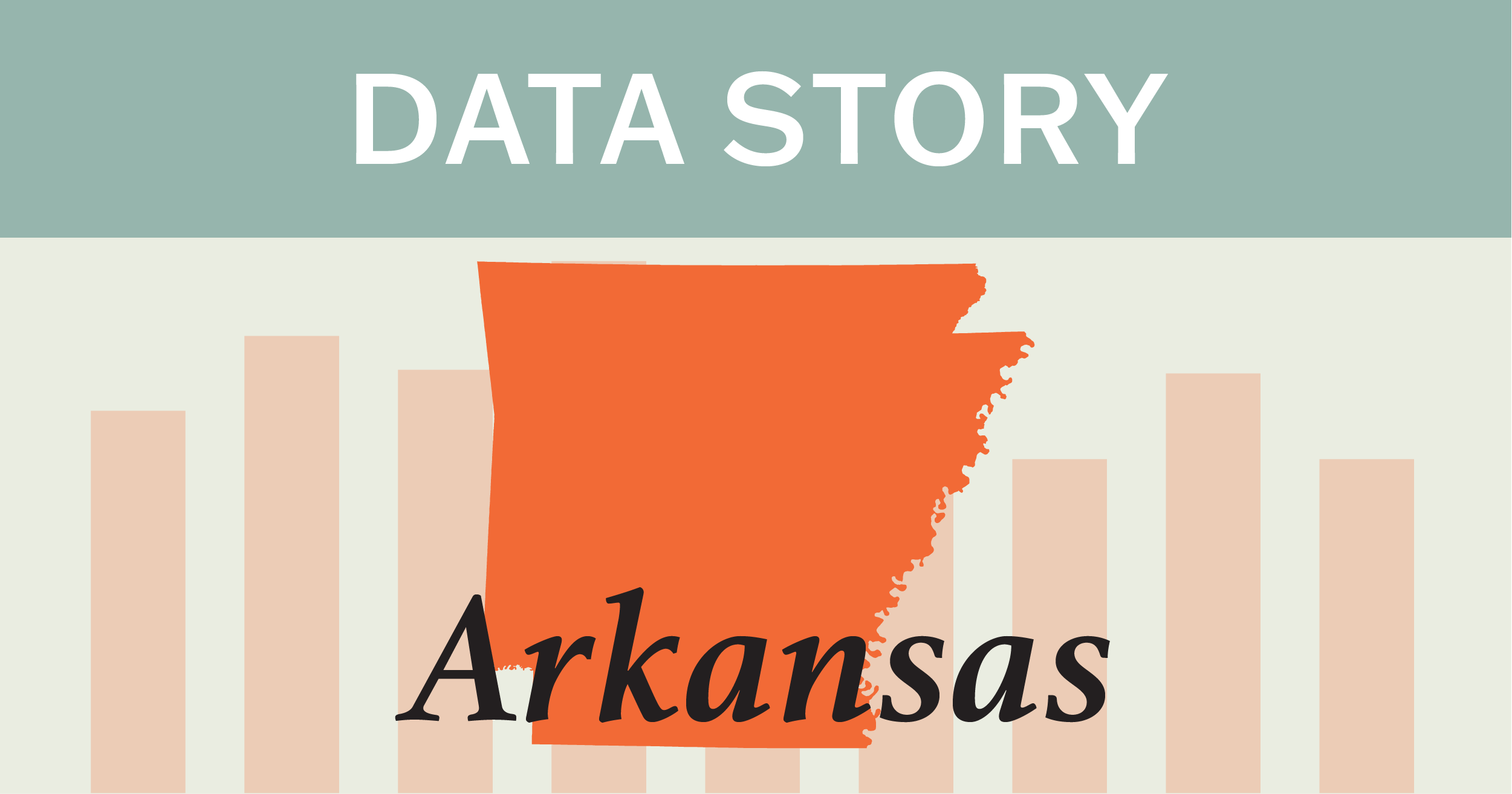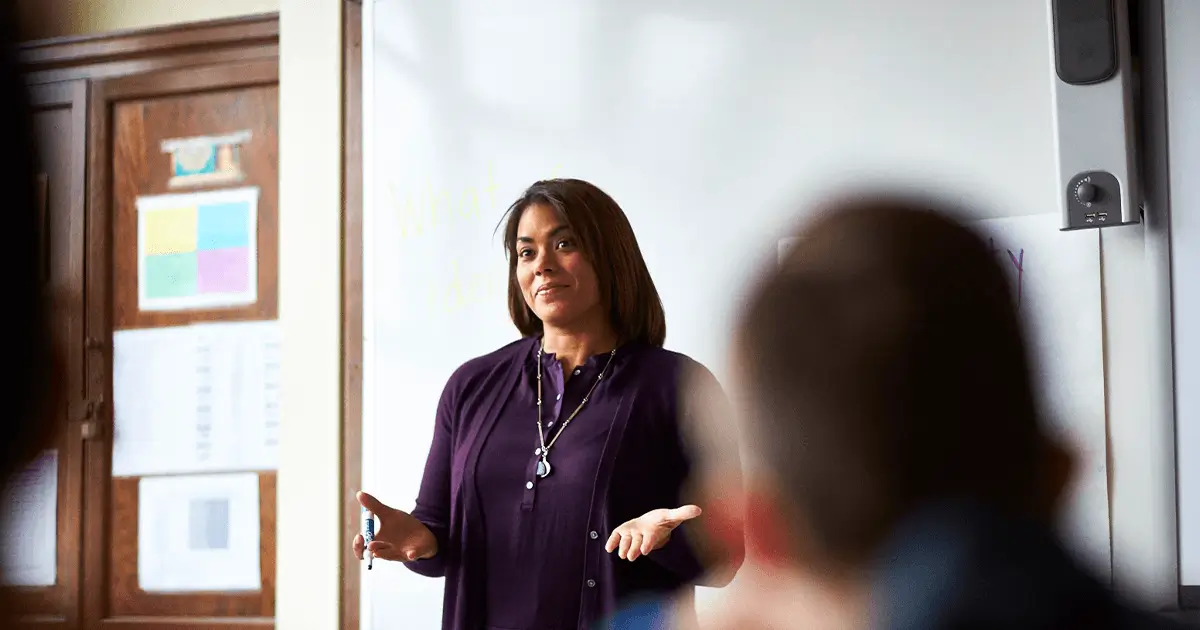Posted in: Aha! Blog > Eureka Math Blog > Student Engagement News > Starting with What They Know: An Asset-Based Approach to Helping All Students Access Grade-Level Math Content
LauraMarie Coleman, a professional development and implementation support leader for Eureka Math®, published this terrific article, “Build a Bridge: Provide Access to Grade-Level Content for All Students,” in the prestigious NCTM journal, Mathematics Teacher: Learning and Teaching PK–12.
In the article, Coleman shares tips and ideas for getting all students working on grade level in math class. She explains how, while working as a math coach, she spent a week helping a grade 6 teacher provide his students with the kind of asset-based instruction often seen in literacy classrooms.
“I thought about how this challenge is addressed in literacy: Struggling students are met at their current reading levels and provided opportunities to engage with grade-level texts by reading aloud. Teachers read high-interest, age-appropriate books to all students and use scaffolding and modeling to support students making sense of the text, even when they cannot read it independently,” she writes.
Coleman writes that in math instruction it’s important for teachers to study the grade-level content standards and the learning progressions and understand what students already know and build on that. She spent a week working alongside the grade 6 teacher on building a plan to help students progress by making connections, supporting their movement through the progressions, helping them apply and expand their knowledge, and ultimately celebrating with them as they solved problems.
“After this week, followed by week after week of success, he and his students fully embraced that they could access grade-level content,” Coleman writes.
The article concludes on an encouraging note. “Students with significant gaps in content knowledge can access grade-level problems with support and scaffolding, just as in literacy,” writes Coleman. “Using what students know to build a bridge shifts the focus of both the teacher and students from one of deficit to one of success.”
Submit the Form to Print

Chad Colby
He has served in three state education agencies, which included time assisting New Mexico’s secretary of education with the adoption of new education reform initiatives; serving as the communications director at the Washington, D.C., Office of the State Superintendent of Education; and working as an assistant to the Florida Commissioner of Education. Chad also worked at the U.S. Department of Education from 2004 to 2009 and served as the deputy assistant secretary for media affairs and strategic communication during his final two years there. Chad is a native of Bloomington, Ill., and graduated from Florida State University.
Topics: Student Engagement News











